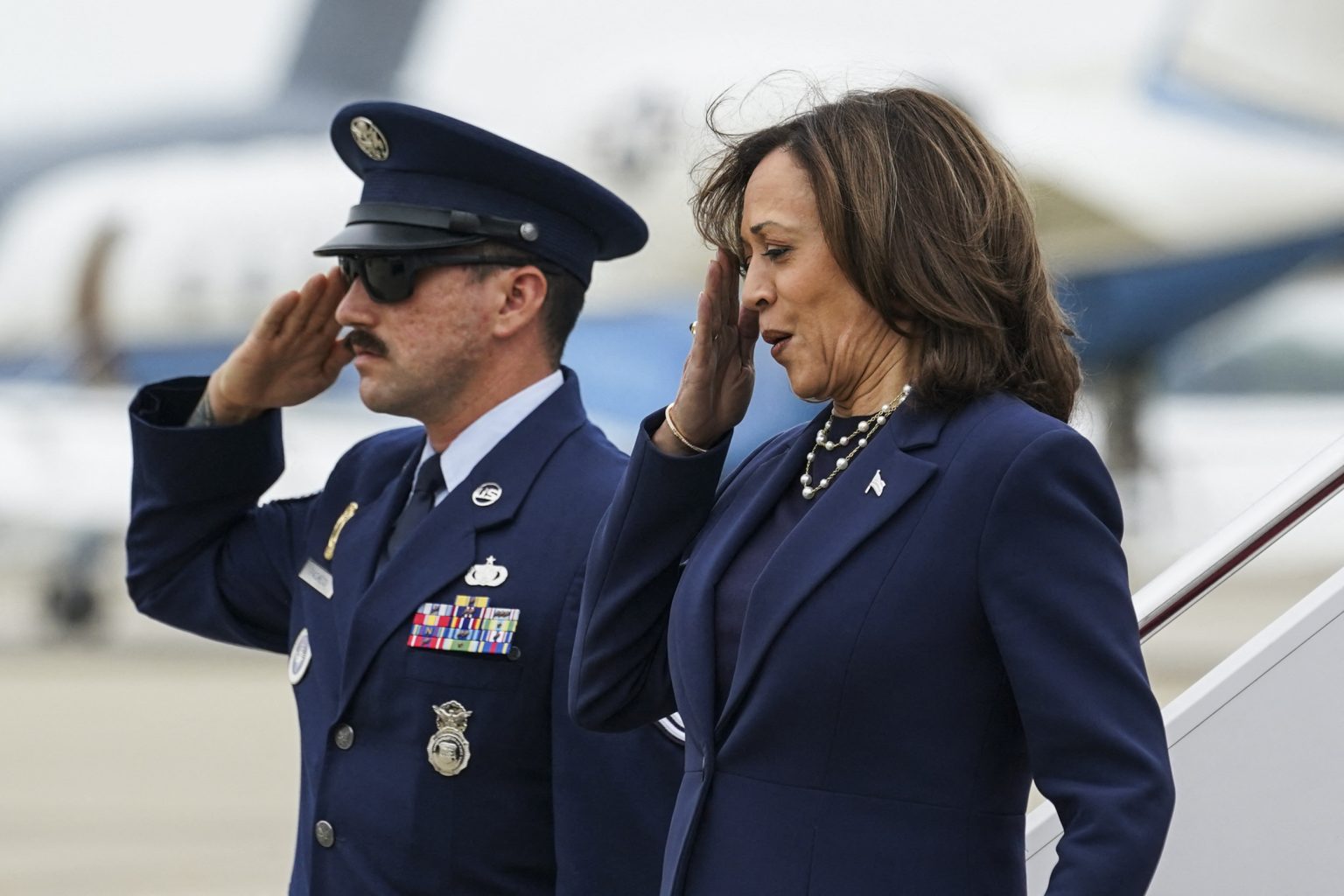Israel’s incursion into Lebanon is having repercussions for Vice President Kamala Harris at the polls, with some Lebanese American voters in Michigan expressing their discontent. Majed Moughni, an attorney and Lebanese American voter, criticized Harris for failing to condemn Israeli attacks on Lebanon’s civilians. He cast a protest vote against the Biden administration, citing the ongoing violence in his home country as the decisive issue in this election year. Moughni’s sentiments reflect a broader sentiment among Lebanese Americans who feel ignored by the Democratic Party amidst Israel’s military operations in Lebanon.
Michigan has a significant Lebanese American population, with over 82,000 residing in the state, and Wayne County, including Dearborn, boasts a high percentage of Middle Eastern or North African ancestry among its residents. Lebanese Americans like Moughni and Ali Dabaja are questioning their support for the Democratic Party due to what they perceive as a lack of response to the escalating conflict in the Middle East. Dabaja, who lost five relatives in an Israeli airstrike in southern Lebanon, expressed disillusionment with the Democratic Party’s stance on the situation, leading him to consider voting for Green Party candidate Jill Stein.
Dabaja criticized the Biden administration’s support for Israel’s military operations, calling for a reevaluation of U.S. policies in the Middle East. He expressed concern that these policies could harm America’s standing internationally and pose security risks. Other Lebanese American voices highlighted a shift away from traditional support for the two-party system, emphasizing the need for policies that consider and prioritize their concerns amidst the conflict in the Middle East. The unfolding events in the region are being closely watched and evaluated by the Lebanese American community.
Some elected officials in Dearborn, including City Council President Michael Sareini, have publicly questioned the Democratic Party’s response to Israel’s actions in Lebanon. Sareini, whose parents immigrated from Lebanon, highlighted the pressing moral issues raised by the conflict, particularly questioning the use of large munitions in residential areas. The fact that the Israeli strike that killed Hezbollah leader Hassan Nasrallah utilized U.S.-manufactured munitions has intensified concerns and raised questions about American support contributing to the violence.
While President Biden and Vice President Harris have expressed intentions to seek diplomatic solutions and ceasefire agreements in Gaza and Lebanon, their responses have been criticized for being ineffective and hypocritical. Critics like Abed Ayoub of the American-Arab Anti-Discrimination Committee argue that the Biden-Harris administration has lost control over the situation, allowing for the continuation of the conflict. The disconnect between their stated objectives and the realities on the ground has left many Lebanese Americans and Middle Eastern communities questioning their allegiance to the Democratic Party.
As the conflict in the Middle East intensifies and the civilian casualties mount, the views of Lebanese Americans in Michigan reflect a growing sentiment of dissatisfaction with political responses to the crisis. The impact of Israel’s actions in Lebanon on U.S. elections is becoming more apparent, with voters like Moughni and Dabaja signaling their discontent through protest votes and shifts away from traditional party affiliations. The ongoing crisis underscores the need for a reevaluation of U.S. policies and political responses to conflicts in the Middle East to address the concerns and perspectives of affected communities.


